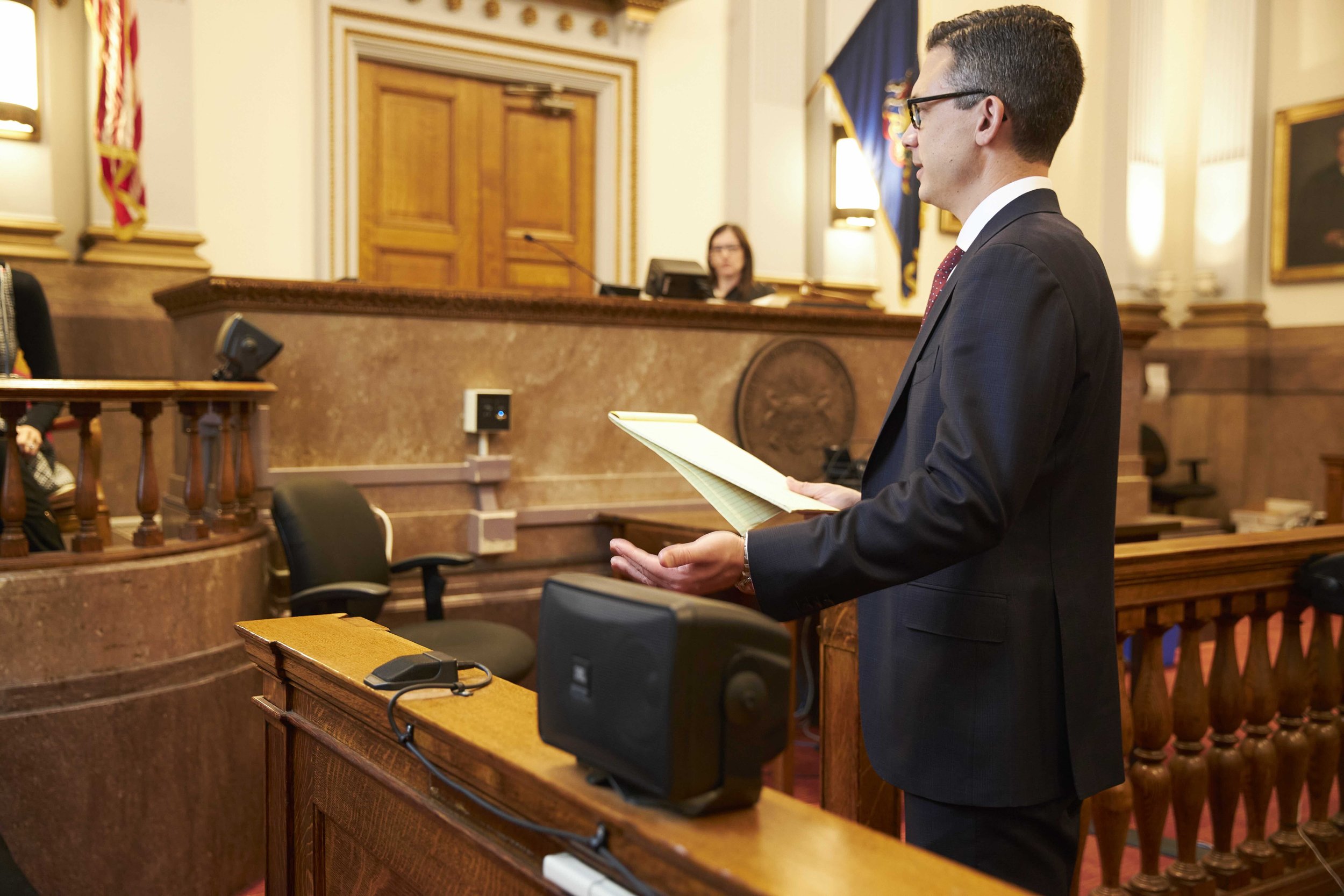Experienced Federal Crime Attorney: Expert Protection in Federal Crime Cases
Experienced Federal Crime Attorney: Expert Protection in Federal Crime Cases
Blog Article
Demystifying the Process of Federal Appeals: What You Required to Know
Navigating the elaborate world of government charms can usually look like passing through uncharted waters for those unknown with the procedure. Understanding the nuances of appellate court territory, the intricacies of filing a notice of charm, offering a compelling brief, and making an influential oral disagreement are vital components that can considerably impact the result of a case. By unraveling the layers of intricacy bordering government charms, individuals can acquire a clearer insight into the systems that govern this critical point of the lawful system.
Understanding Federal Appeals Process
Digging right into the intricate realm of the government appeals process unveils a methodical and organized trip with the judicial system. Federal charms act as a vital mechanism for evaluating choices made by lower courts. Recognizing this procedure is essential for any person involved in legal process at the government level.
The process commonly begins with a celebration disappointed with a reduced court's ruling submitting a notice of charm. This causes a testimonial by a greater court, where a panel of judges examines the lawful disagreements provided by both parties. Briefs describing the legal thinking behind each event's position are sent, and dental disagreements might be heard to clarify complicated concerns.
The appellate court's choice is based on a thorough exam of the reduced court's process and the disagreements offered. Once the appellate court reaches a choice, it can affirm, turn around, remand, or change the lower court's judgment, providing clearness and finality to the lawful conflict.
Appellate Court Territory Described
Appellate court territory refers to the extent of cases that a particular appellate court has the power to determine and review upon. Unlike trial courts that hear situations for the very first time, appellate courts are restricted to examining decisions made by lower courts.
Appellate courts have jurisdiction over specific kinds of instances, usually those entailing legal mistakes, step-by-step problems, or concerns of regulation instead than accurate conflicts. The jurisdiction of appellate courts is usually outlined in statutes and regulations that regulate the court system. Comprehending appellate court jurisdiction is important for events associated with the appeals procedure as it identifies whether a case is qualified for evaluation and the level to which the appellate court can interfere in the lower court's decision.
Filing a Notification of Appeal
The preliminary action in beginning the government allures procedure involves filing a Notification of Appeal with the proper appellate court. This crucial record officially informs the court and the other parties associated with the case that the appealing celebration means to look for an evaluation of the lower court's decision. Filing a Notice of Charm is a stringent procedural need that sets the appellate procedure moving.
When preparing the Notice of Allure, it is necessary to ensure compliance with the specific rules and standards of the relevant appellate court. federal crime lawyer. The paper needs to commonly include info such as the situation name, the lower court's name, the day of the judgment being appealed, and a succinct statement indicating the grounds for the appeal

Instruction and Oral Debate
In the appellate process, presenting composed briefs and taking part in dental disagreements play pivotal roles in advocating for the appealing party's placement before the appellate court. Briefs are thorough lawful documents that outline the events' debates, lawful authorities, and evaluation sustaining their settings. These written submissions offer the court with an in-depth understanding of the realities of the instance, the relevant law, and why the appealing celebration believes the lower court's choice should be overturned.
Adhering to the submission and review of the briefs, oral arguments provide the parties a chance to further clarify their positions, resolve any type of questions the appellate courts might have, and highlight vital points from their created briefs. Oral disagreements are an opportunity for the attorneys to convince the judges with spoken advocacy and actions to queries from the bench.
Both the composed briefs and oral arguments are essential parts of the appellate procedure, enabling parties to provide their instance completely and compellingly prior to the appellate court. - federal crime attorney
Obtaining the Appellate Court Choice
The appellate court's decision is normally supplied in a written format and details the court's verdicts on the legal issues provided, the thinking behind their choice, and the judgment made. The time frame for obtaining the appellate court's choice can vary, however courts aim to give prompt resolutions. Whether the appellate court affirms, reverses, or remands the lower court's choice, recognizing the implications of the judgment is critical for all celebrations entailed in the appellate procedure.
Verdict
In final thought, the federal appeals procedure is a complex but critical step in looking for justice. Comprehending the appellate court territory, filing a notice of appeal, preparing briefs, and providing dental arguments are all essential parts of this process. Ultimately, obtaining the appellate court choice can offer clarity and resolution to legal conflicts. It is essential to browse the government allures process with diligence and attention to detail to achieve a fair result.
As we progress from recognizing the index federal charms process to exploring the ins and outs of appellate court territory, a basic facet comes to light concerning the authority and limitations of these higher courts in the lawful landscape. Appellate court territory refers to the range of cases that a particular appellate court has the power to make a decision and review upon. Unlike trial courts that listen to instances for the initial time, appellate courts are restricted to assessing decisions made by lower courts. Understanding appellate court territory is important for parties included in the appeals process as it establishes whether a situation is qualified for testimonial and the level to which the appellate court can intervene in the lower court's decision.

Report this page